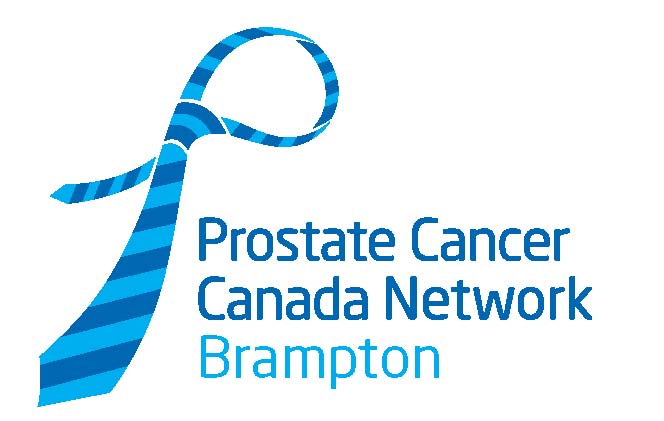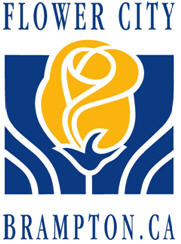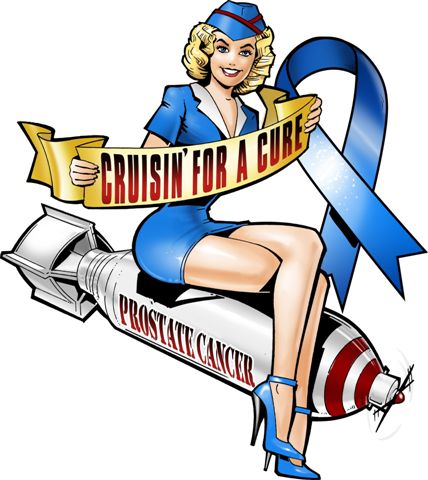
Media Archives
|
|
News Archives
This story was originally published on the 24 Jan, 2003 by 'The Brampton Guardian'
(Reproduced here by permission from the newpaper)PROSTATE CANCER SURVIVORS PUSHING FOR ACCESS
BY SABRINA DIVELL
Staff Writer
Prostate cancer was once called an old man's disease but, according to Tony Clement, the Minister of Health and Long-Term Care, statistics show more Canadian males are being diagnosed each year.
Us Too-Brampton, a prostate cancer support group affiliated with the Canadian Prostate Cancer Network, recently held its monthly meeting with Clement, MPP Brampton West-Mississauga, as the guest speaker.
Riding on the coattails of the $29.5 million investment announced the day before the meeting for radiation equipment at cancer treatment centres across the province, Clement said we all know only too well the human cost of this disease.
"Cancer, in all its forms, claims the lives of 25,000 Ontarians each year. That's 25,000 people no longer with loved ones," he said, addressing the crowd of more than 50 Us Too-Brampton members and supporters.
In Canada, 18,000 men are diagnosed with prostate cancer every year and 7,600 of those cases are in Ontario.
Clement said, "despite our best efforts, our best education, our best advocacy, one out of three people living in Ontario will be diagnosed with some form of cancer in their lifetime."
As part of the government's ongoing commitment to fighting cancer and improving Ontario's health care, Clement said the $29.5 million radiation equipment investment was part of a $312 million announcement made this year for cancer care Ontario.
"That is a 27 per cent increase from last year's $245 million- this money will go a long way to giving some 50,000 cancer patients in Ontario the most effective tools that could possibly be found to fight this disease."
But, despite the commitment being shown by the provincial government, audience members voiced their concerns about the areas that have fallen through the cracks.
Issues surrounding PSA tests (blood tests that help detect prostate cancer by measuring the amount of prostate specific antigen present in the body) being paid for out of patients' pockets has been an ongoing debate that Us Too-Brampton members and supporters brought up during a question-and-answer period with Clement. One
audience member questioned why breast cancer screening is free, yet men have to pay $25 every time they are tested in a laboratory outside a public hospital.
Clement said he directed ministry staff to put together a report on the subject last year to investigate the issue.
"What they tell me is, on a clinical basis, there is currently no definitive clinical evidence that a PSA test for an asymptomatic man (someone who does not have a history of cancer in his family, or presence of other environmental factors that would increase the risk of cancer) is of benefit as a broad public screening mechanism," said Clement.
"They do have evidence mammograms for women over the age of 50 and pap smears for cervical cancer can, in fact, detect and have an impact on beating cancer."
Morris Wagman, a past chair of Man to Man, a prostate cancer support group in Toronto, disagreed with the medical explanation and said free access to cancer screening tests should be across the board.
"I think the men are entitled to that, early diagnosis is the name of the game," he said.
As a prostate cancer survivor, he believes, like other survivors who attended the meeting, PSA tests signal to doctors there is a reason to perform a biopsy to further test for the presence of cancer.
Wagman openly admits if it wasn't for the PSA test he had done a few years ago, he wouldn't be around today.
"I would probably be in some cemetery right now because there are no symptoms at all for this disease and when you do get symptoms it's too late to do anything because the cancer is through your body and there isn't a damn thing you can do about it."
In a column that appeared recently in The Brampton Guardian by Dr. Ker Leggatt, chief of Family Medicine at William Osler Health Centre, he noted there is no Canadian medical organization that has advocated routine PSA screening.
But, south of the border, Leggatt said the American Cancer Society and American Urological Association currently recommend patients be offered an annual opportunity to make an informed decision about screening.
Clement said he wasn't comfortable with the answers he received in the report conducted by ministry staff.
"Clearly, the more people who get tested the better chance we have even in an asymptomatic man of detecting something," he said.
PROSTATE CANCER AWARENESS & SUPPORT
Prostate Cancer Canada Network - Brampton
·
Tel: 905- 453-3038 · Fax: 905-840-9474 · Email: info@pccnbrampton.com


